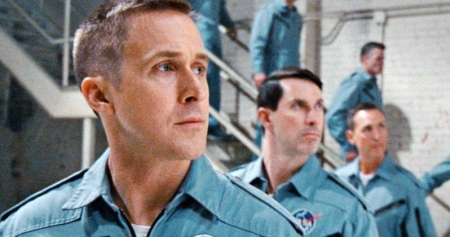Vector applies for license for launch in Kodiak, Alaska
Capitalism in space: Vector has applied for an FAA license for a suborbital test launch in Kodiak, Alaska of its Vector-R smallsat rocket.
The launch is planned to occur no later than April 2019.
Their original suborbital test schedule was supposed to have occurred already, but those were mere verbal announcements. This is more concrete.
Vector does need to get off the ground however. Two years ago it was considered in a close race with Rocket Lab. Now Rocket Lab has pulled far ahead, and Vector might be losing ground to other smallsat launch companies.
Capitalism in space: Vector has applied for an FAA license for a suborbital test launch in Kodiak, Alaska of its Vector-R smallsat rocket.
The launch is planned to occur no later than April 2019.
Their original suborbital test schedule was supposed to have occurred already, but those were mere verbal announcements. This is more concrete.
Vector does need to get off the ground however. Two years ago it was considered in a close race with Rocket Lab. Now Rocket Lab has pulled far ahead, and Vector might be losing ground to other smallsat launch companies.

